What are the limits of acting President Han Duck-soo's authority?
입력 2024.12.15 (02:33)
읽어주기 기능은 크롬기반의
브라우저에서만 사용하실 수 있습니다.
[Anchor]
As you have seen, Prime Minister Han Duck-soo has taken over presidential powers, but it is unclear whether he will be able to exercise all of those powers and to what extent.
Reporter Lee Hyeon-jun has the details.
[Report]
Article 71 of the Constitution stipulates that the Prime Minister acts on behalf of the President in the event of a vacancy or accident.
Prime Minister Han Duck-soo will assume all presidential powers, including military command.
However, the Constitution does not specifically define the extent to which an acting authority can exercise those powers.
In academia and the legal community, the prevailing view is that the acting authority should maintain the status quo yet exercise powers passively.
This is because the acting authority is not an elected official, which is seen as weakening the legitimacy of democracy.
There is a majority opinion that the acting authority cannot exercise the appointment powers for cabinet members, such as the currently vacant Minister of National Defense.
[Han Sang-hee/Professor at Konkuk University Law School: "(Appointment powers) can be seen as active duties, so rather than independently appointing a new minister, it would be better to follow a procedure of consultation with the National Assembly."]
However, there are opinions that the acting authority can appoint judges recommended by the Constitutional Court or Supreme Court justices nominated by the Chief Justice.
In fact, there is a case where former acting President Hwang Kyo-ahn appointed a Supreme Court judge recommended by the Chief Justice.
The right to request reconsideration has mixed opinions.
There is a case where former acting Prime Minister Ko Gun exercised the right to request reconsideration, highlighting the need for checks on the legislative branch.
[Jang Young-soo/Professor at Korea University Law School: "In the system of separation of powers, mutual checks and balances are fundamental, and we should not undermine this balance just because it is an acting authority system..."]
Ultimately, since interpretations can vary from case to case, most constitutional scholars agree that close consultation with the National Assembly is necessary to reduce confusion in governance.
KBS News, Lee Hyeon-jun.
As you have seen, Prime Minister Han Duck-soo has taken over presidential powers, but it is unclear whether he will be able to exercise all of those powers and to what extent.
Reporter Lee Hyeon-jun has the details.
[Report]
Article 71 of the Constitution stipulates that the Prime Minister acts on behalf of the President in the event of a vacancy or accident.
Prime Minister Han Duck-soo will assume all presidential powers, including military command.
However, the Constitution does not specifically define the extent to which an acting authority can exercise those powers.
In academia and the legal community, the prevailing view is that the acting authority should maintain the status quo yet exercise powers passively.
This is because the acting authority is not an elected official, which is seen as weakening the legitimacy of democracy.
There is a majority opinion that the acting authority cannot exercise the appointment powers for cabinet members, such as the currently vacant Minister of National Defense.
[Han Sang-hee/Professor at Konkuk University Law School: "(Appointment powers) can be seen as active duties, so rather than independently appointing a new minister, it would be better to follow a procedure of consultation with the National Assembly."]
However, there are opinions that the acting authority can appoint judges recommended by the Constitutional Court or Supreme Court justices nominated by the Chief Justice.
In fact, there is a case where former acting President Hwang Kyo-ahn appointed a Supreme Court judge recommended by the Chief Justice.
The right to request reconsideration has mixed opinions.
There is a case where former acting Prime Minister Ko Gun exercised the right to request reconsideration, highlighting the need for checks on the legislative branch.
[Jang Young-soo/Professor at Korea University Law School: "In the system of separation of powers, mutual checks and balances are fundamental, and we should not undermine this balance just because it is an acting authority system..."]
Ultimately, since interpretations can vary from case to case, most constitutional scholars agree that close consultation with the National Assembly is necessary to reduce confusion in governance.
KBS News, Lee Hyeon-jun.
■ 제보하기
▷ 카카오톡 : 'KBS제보' 검색, 채널 추가
▷ 전화 : 02-781-1234, 4444
▷ 이메일 : kbs1234@kbs.co.kr
▷ 유튜브, 네이버, 카카오에서도 KBS뉴스를 구독해주세요!
- What are the limits of acting President Han Duck-soo's authority?
-
- 입력 2024-12-15 02:33:50
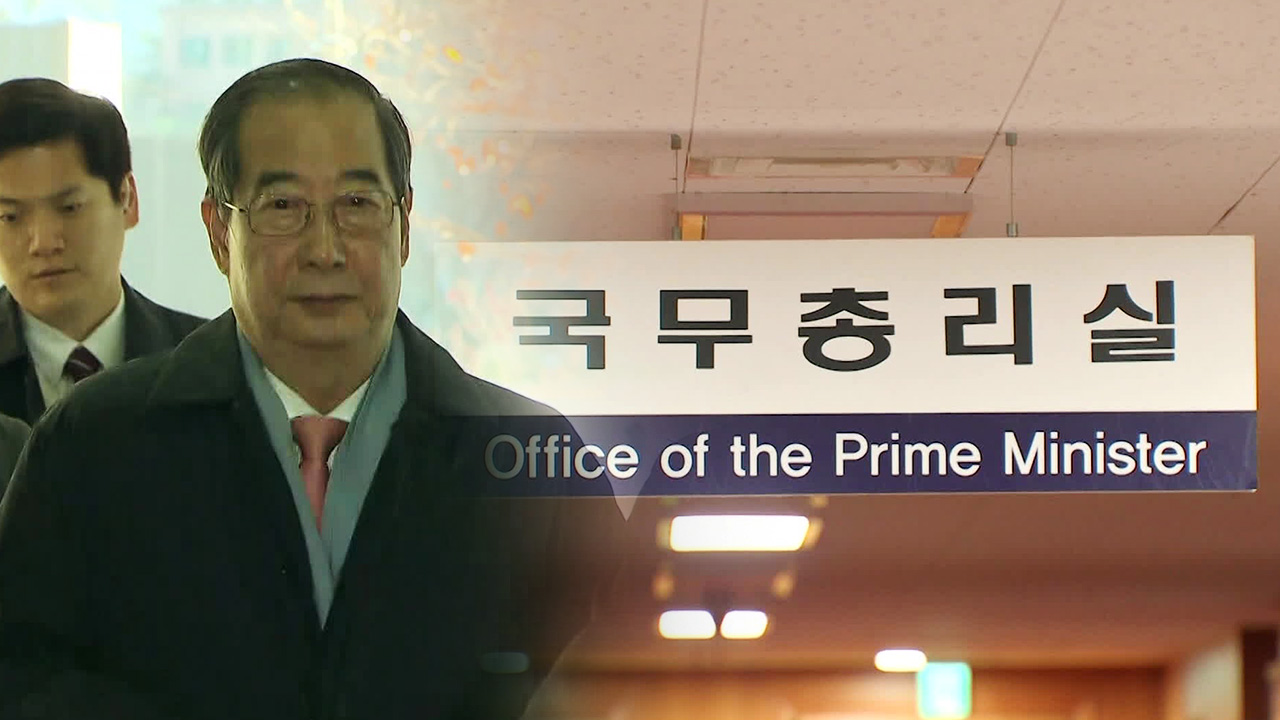
[Anchor]
As you have seen, Prime Minister Han Duck-soo has taken over presidential powers, but it is unclear whether he will be able to exercise all of those powers and to what extent.
Reporter Lee Hyeon-jun has the details.
[Report]
Article 71 of the Constitution stipulates that the Prime Minister acts on behalf of the President in the event of a vacancy or accident.
Prime Minister Han Duck-soo will assume all presidential powers, including military command.
However, the Constitution does not specifically define the extent to which an acting authority can exercise those powers.
In academia and the legal community, the prevailing view is that the acting authority should maintain the status quo yet exercise powers passively.
This is because the acting authority is not an elected official, which is seen as weakening the legitimacy of democracy.
There is a majority opinion that the acting authority cannot exercise the appointment powers for cabinet members, such as the currently vacant Minister of National Defense.
[Han Sang-hee/Professor at Konkuk University Law School: "(Appointment powers) can be seen as active duties, so rather than independently appointing a new minister, it would be better to follow a procedure of consultation with the National Assembly."]
However, there are opinions that the acting authority can appoint judges recommended by the Constitutional Court or Supreme Court justices nominated by the Chief Justice.
In fact, there is a case where former acting President Hwang Kyo-ahn appointed a Supreme Court judge recommended by the Chief Justice.
The right to request reconsideration has mixed opinions.
There is a case where former acting Prime Minister Ko Gun exercised the right to request reconsideration, highlighting the need for checks on the legislative branch.
[Jang Young-soo/Professor at Korea University Law School: "In the system of separation of powers, mutual checks and balances are fundamental, and we should not undermine this balance just because it is an acting authority system..."]
Ultimately, since interpretations can vary from case to case, most constitutional scholars agree that close consultation with the National Assembly is necessary to reduce confusion in governance.
KBS News, Lee Hyeon-jun.
As you have seen, Prime Minister Han Duck-soo has taken over presidential powers, but it is unclear whether he will be able to exercise all of those powers and to what extent.
Reporter Lee Hyeon-jun has the details.
[Report]
Article 71 of the Constitution stipulates that the Prime Minister acts on behalf of the President in the event of a vacancy or accident.
Prime Minister Han Duck-soo will assume all presidential powers, including military command.
However, the Constitution does not specifically define the extent to which an acting authority can exercise those powers.
In academia and the legal community, the prevailing view is that the acting authority should maintain the status quo yet exercise powers passively.
This is because the acting authority is not an elected official, which is seen as weakening the legitimacy of democracy.
There is a majority opinion that the acting authority cannot exercise the appointment powers for cabinet members, such as the currently vacant Minister of National Defense.
[Han Sang-hee/Professor at Konkuk University Law School: "(Appointment powers) can be seen as active duties, so rather than independently appointing a new minister, it would be better to follow a procedure of consultation with the National Assembly."]
However, there are opinions that the acting authority can appoint judges recommended by the Constitutional Court or Supreme Court justices nominated by the Chief Justice.
In fact, there is a case where former acting President Hwang Kyo-ahn appointed a Supreme Court judge recommended by the Chief Justice.
The right to request reconsideration has mixed opinions.
There is a case where former acting Prime Minister Ko Gun exercised the right to request reconsideration, highlighting the need for checks on the legislative branch.
[Jang Young-soo/Professor at Korea University Law School: "In the system of separation of powers, mutual checks and balances are fundamental, and we should not undermine this balance just because it is an acting authority system..."]
Ultimately, since interpretations can vary from case to case, most constitutional scholars agree that close consultation with the National Assembly is necessary to reduce confusion in governance.
KBS News, Lee Hyeon-jun.
-
-
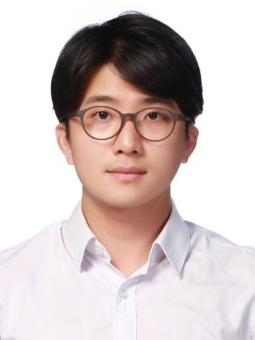
이현준 기자 hjni14@kbs.co.kr
이현준 기자의 기사 모음
-
이 기사가 좋으셨다면
-
좋아요
0
-
응원해요
0
-
후속 원해요
0










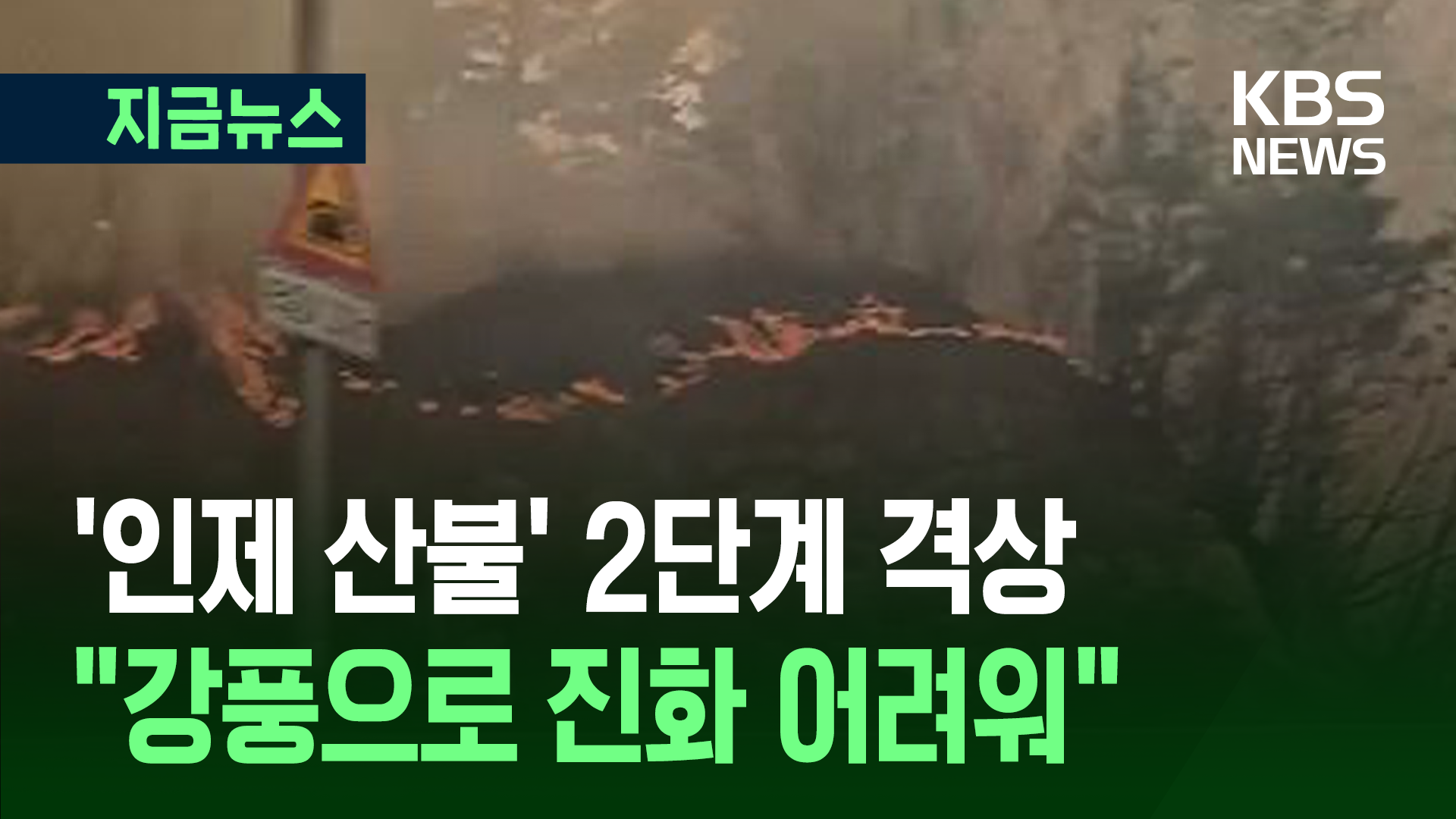
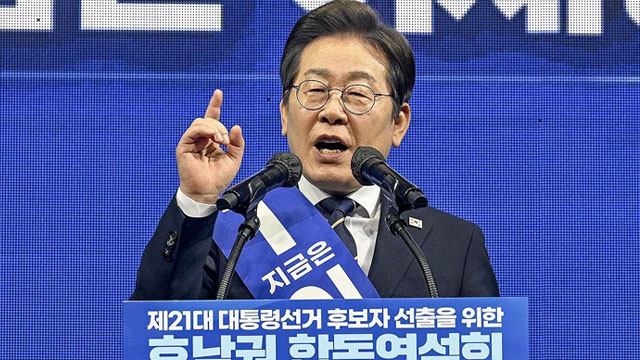
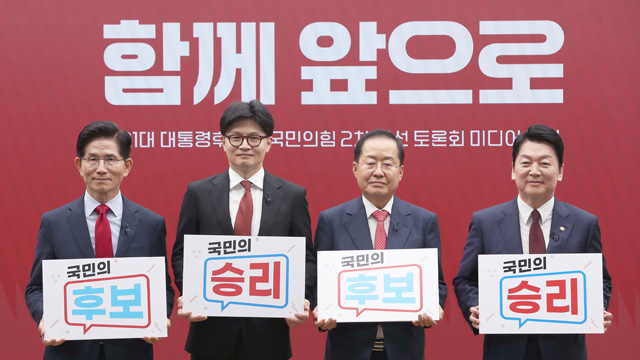
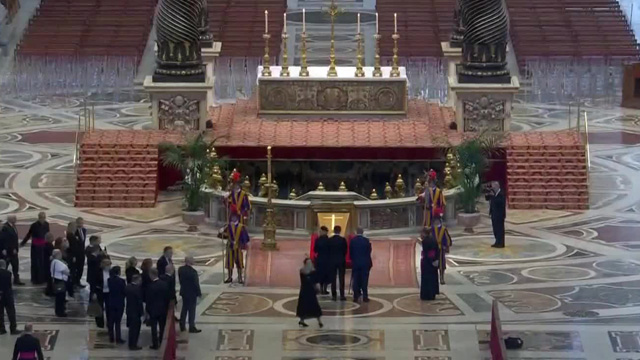

이 기사에 대한 의견을 남겨주세요.